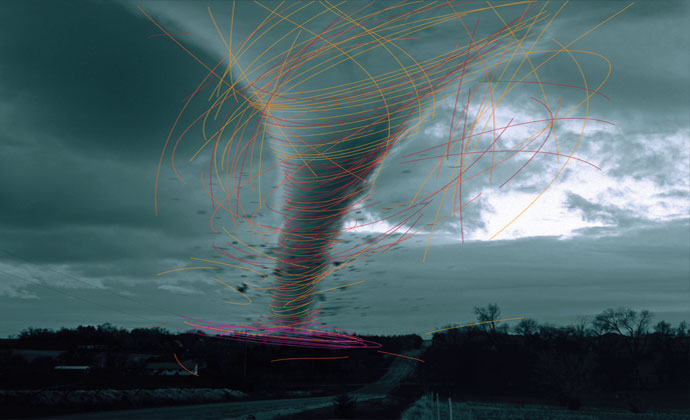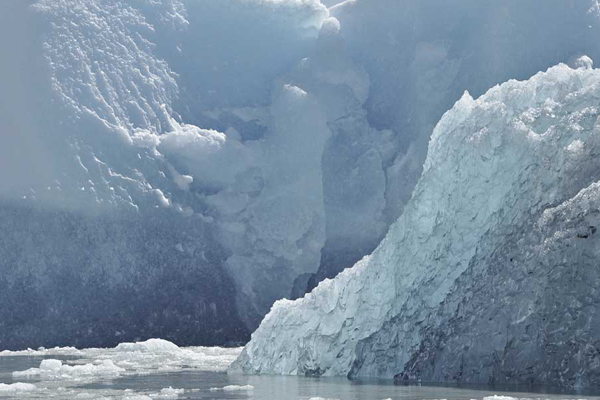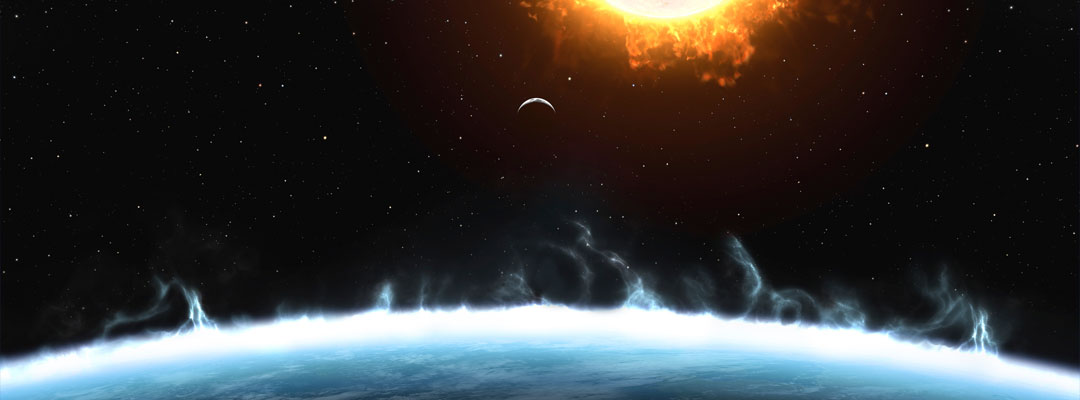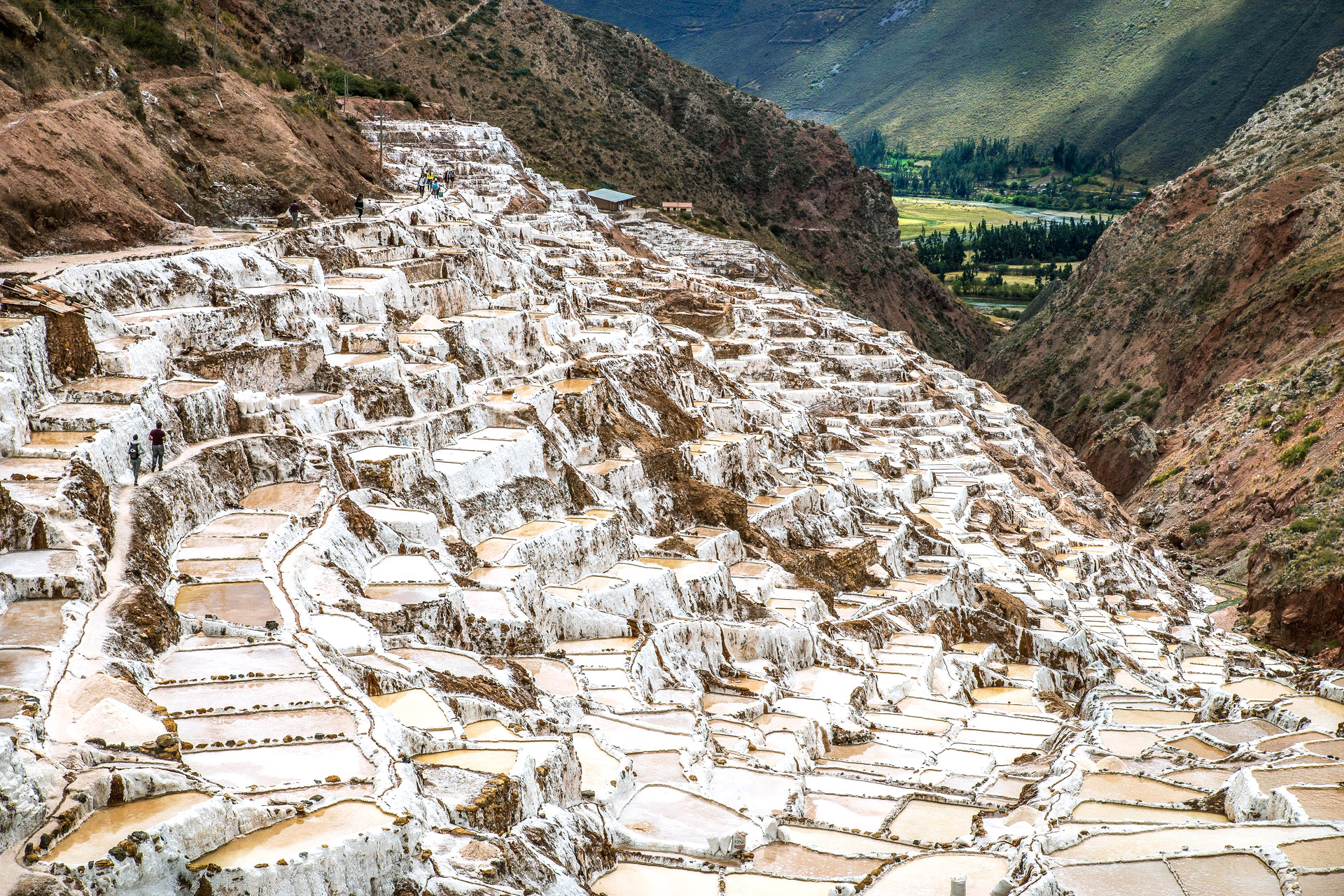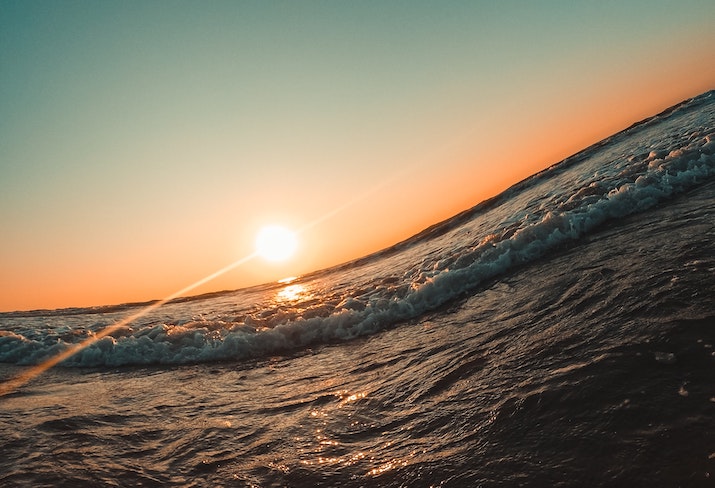Ecological Philosophy
Wendy Parker: Beyond Prediction: The Computer as ‘Inductive Device’ in the Study of Weather and Climate
ABSTRACT In this talk, Parker will examine how scientists have used computers to understand weather and climate, and how the computer might be even better used in the future to impact our understanding of meteorology. She discusses this against the backdrop of the study of severe storms and climate change. SPEAKER PROFILE Wendy Parker is [...]
Naomi Oreskes: Merchants of Doubt: Using History and Philosophy of Science to Understand the Climate Change Debate
Great Hall - Somerville House Somerville House, Western University, London, Ontario, CanadaABSTRACT On vital issues such as genetically-modified foods and climate change, having correct scientific knowledge is vital for making good public policy. How does philosophy help us understand science? How strong is the scientific consensus about climate change, and the effects our species has on it? Naomi Oreskes, co-author of the award-winning book Merchants of [...]
Charlotte Werndl: Confirmation and Calibration in Climate Science
Room 1145 - Stevenson Hall Stevenson Hall, Room 1145, London, Ontario, CanadaABSTRACT I argue that concerns about double-counting – using the same evidence both to calibrate or tune climate models and also to confirm that the models are adequate – deserve more careful scrutiny in climate modelling circles. It is widely held that double-counting is bad and that separate data must be used for calibration and [...]
Roman Frigg: Three-Part Crash Course on the Science of Climate Change
Room 1145 - Stevenson Hall Stevenson Hall, Room 1145, London, Ontario, CanadaABSTRACT This three-part lecture series focuses on the natural science aspects of climate change, as well as the methodological and philosophical questions that arise in connection with them. Everybody wishing to understand the basic physics behind climate change and the use of climate models is welcome to attend; no prior knowledge is presupposed. The first [...]
Wayne Myrvold: What Do You Bring to a Street Fight?
Stevenson & Hunt Room A - Central Library 251 Dundas St, London, Ontario, CanadaABSTRACT An editorial in the journal Nature warned climate scientists that they must acknowledge that, like it or not, they are in a street fight. Climate scientists have been the targets of a well-funded, orchestrated campaign to discredit them and their work. In this talk, I will raise the question of what scientists can do [...]
Gillian Barker: Ecological Thinking about Climate Change: A New Paradigm?
Stevenson & Hunt Room A - Central Library 251 Dundas St, London, Ontario, CanadaABSTRACT A growing group of scientists and activists is calling for a “paradigm shift” in our thinking about the threat of climate change and how best to respond to it—a shift to an ecological approach that emphasizes the role of living systems. What do they mean? Are they right? SPEAKER PROFILE Gillian Barker is a [...]
Roman Frigg: Climate Change and Intergenerational Justice
ABSTRACT Should we take drastic measures to reduce greenhouse gas emissions now, or should we continue our current practices and leave it to future generations to adapt to the effects of climate change? Opinions on this issue are divided. In this lecture I explain the terms of the debate in plain English (no knowledge of [...]
Public Panel Discussion: Climate Change: What is to be done?
ABSTRACT A public panel discussion about what can, and what should, be done about climate change, with a focus on interplay between various levels of action – community, national, and international. Also discussed will be how we can cut through the ideological noise around the issue of climate change. SPEAKER PROFILES Gary Brown Gary Brown [...]
Rotman 2014 Annual Conference: Knowledge and Models in Climate Science
CONFERENCE DESCRIPTION The Rotman Institute of Philosophy second annual conference, Knowledge and Models in Climate Science: Philosophical, Historical, and Scientific Perspectives, took place on Oct. 24-26, 2014. The conference brought together researchers to discuss the use of models in understanding the climate from a variety of disciplinary perspectives. Models and computer simulations are essential not [...]
Leonard Smith and Erica Thompson: Doing Science in the Dark: The Challenges of Climate-Like Science
Stevenson & Hunt Room A - Central Library 251 Dundas St, London, Ontario, CanadaABSTRACT Climate prediction and weather prediction are very different: due to constant refinements and new techniques, the life time of a climate model is much less than the forecast we ask it to make, whereas the same weather model can be used to forecast tomorrow’s weather, day after day, for months if not years — [...]
Elisabeth Lloyd: Robustness as a Confirmatory Virtue
ABSTRACT Both climate scientists and philosophers have been working hard to understand how the huge multidimensional global climate models can be tested and confirmed. The convergence of multiple climate models on a single outcome or result has provided a key feature in these discussions. Philosophers of science tend to think that such convergence, or “robustness,” [...]
Evan Fraser: Food in 2050: The Challenge of Feeding 9 Billion
Wolf Performance Hall - Central Library 251 Dundas St, London, Ontario, CanadaABSTRACT Creating food systems capable of sustainably, equitably, and nutritiously feeding 9 billion people while dealing with climate change is one of the 21st century’s “Grand Challenges”. Meeting this challenge is about more than just producing enough - indeed, we already produce enough for everyone, but more than a billion are overweight while almost a [...]
Andrew Light: What Happened in Paris? How Differentiation Evolved to Create a Global Climate Agreement.
Room 2202 - Spencer Engineering Building Spencer Engineering Building, Western University, London, Ontario, CanadaABSTRACT Last December, after twenty years of apparent incremental progress, over 190 countries meeting under the auspices of the United Nations Framework Convention on Climate Change managed to create what promises to be a lasting international climate agreement. Debates continue however over whether the greenhouse gas mitigation commitments that parties brought to the table in [...]
Ian Stewart: Restoring ecosystems after oil spills: philosophical considerations and policy implications
Room 1145 - Stevenson Hall Stevenson Hall, Room 1145, London, Ontario, CanadaABSTRACT Scientific and technological capacity for understanding and responding to oil spills is currently of great relevance for major infrastructure projects and sustainability goals in the Canadian context (and internationally). Planned expansion of oil and gas development into the Arctic is a case in point, as are pipeline projects linking central and coastal Canada. The [...]
Bipasha Baruah: Global Trends in Women’s Employment in Renewable and Clean Energy: Continuities, Contradictions, Disruptions
Room 1170 - Western Interdisciplinary Research Building Western Interdisciplinary Research Building, London, Ontario, CanadaABSTRACT Concerns about environmental sustainability and fossil-fuel insecurity have motivated countries around the world to transition to clean energy supplies derived from renewables such as solar, hydro, bioenergy, geothermal and wind. Since producing and distributing renewables is more labor-intensive than producing and distributing fossil fuels, this shift is creating new employment opportunities and addressing energy [...]
Christopher Preston: Potholes on the Road to a Synthetic Age
Virtual (register for Zoom link)Join our philosophy of synthetic biology reading group as they host Christopher Preston for a virtual talk on his 2018 book, The Synthetic Age: Outdesigning Evolution, Resurrecting Species, and Reengineering Our World.
Stewardship of Global Collective Behavior
A cohort of research and knowledge exchange networks are co-hosting a journal club discussion on the proposal that the science of collective human behavior should be considered a "crisis discipline." Read the paper and join us for the conversation. Advance registration is required and can be completed on the CAS Lab event page. Event [...]

